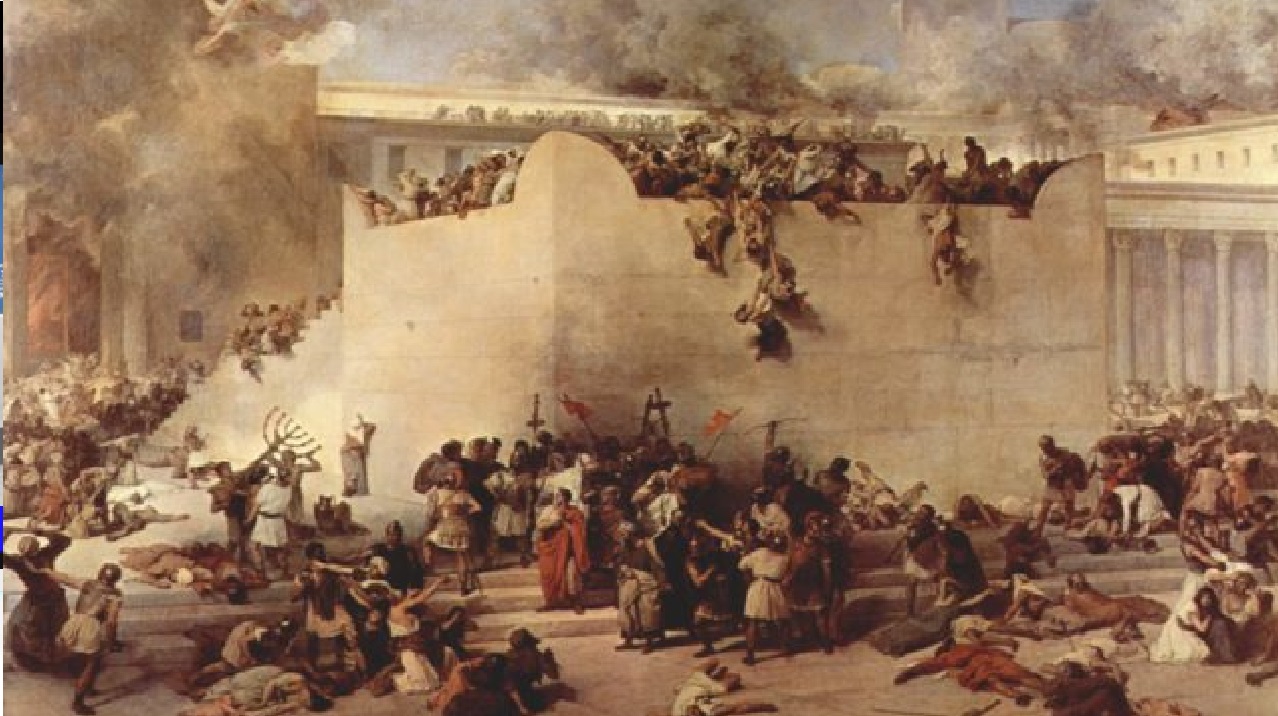Various interpretations
If you look up the lexical meaning of the word genea you’ll find how it’s one of the most indefinite terms in NT Greek.
Hence, it can be used for:
- A race, i.e., “the nation of Israel,” “the Jewish race” as a whole:
For example in Matthew 23:35 Jesus tells his Jewish contemporaries that they were the ones who killed the prophets of the Old Testament.
Hence, in the following v.36 Jesus says that the wrath of God will fall on “this [very Jewish] generation,” i.e., reaching back to those Jews in the OT. So that, irrespective of time, they are all of the same wicked “brood of vipers.”
- Also of a fixed human generation, i.e., “that generation” within Jesus’ own time:
Mark 8:38a: “If anyone is ashamed of Me and My words in this adulterous and sinful generation…”
But in the context of the events described by Jesus throughout Mat 24, a more natural reading of genea would be “this present evil age,” meaning human society as a whole [Gal 1.4; cp. “An evil and adulterous generation demands a sign,” Mat 12.39; 16.4].
Also note the Hebrew parallelism between this v 34 [“This generation will not pass away until all these things take place,”] and the very next v. 35: “Heaven and earth will pass away, but my words will not pass away.”
This follows a common Hebrew idiom expressing the same thought using different words or metaphors. As well as Jesus’ often use of hyperbolic language to bring attention and urgency to his teachings.
Hence, it’s not uncommon to find the words “generation” and “age” used in parallel as synonyms:
- Col 1.26: “The secret that has been kept hidden for ages and generations”;
- 3.21: “To God be the glory in the church and in Christ Jesus throughout all the generations of the age of the ages.”
The clincher!
I think we all believe Jesus when he said he didn’t know the day, the hour or even the times or seasons when his Father would send him back [Mar 13.32; Acts 1.3].
So it would be patently wrong to understand what Jesus said as an exact prediction of something within his own “generation” [i.e., 70AD].
Summary
How long a period of time γενεὰ refers to must therefore be determined by the context, and cannot be indiscriminately limited to 40 years, the lifetime of the original audience, the Jews, or a group of people whether wicked or righteous. The context shows that Jesus is using the word γενεὰ in parallel with “heaven and earth”, and means that this age will not pass away until all his words are fulfilled.
Thus a paraphrase of Matthew 24:34-35 might read:
Truly, I say to you, this age will not pass away and the new age will not come until you see the sun darkened, the moon not give its light, the stars fall from heaven, and the powers of the heavens shaken. Do not think the end is near otherwise. Heaven and earth will pass away, but all my words will not pass away, they will all most certainly be fulfilled before the Parousia.
Michael Brunec, Sermo Eschatologicus




